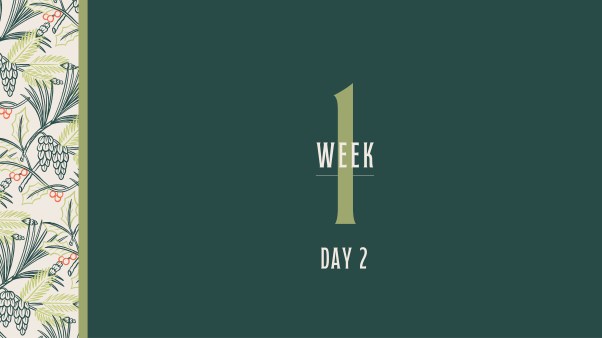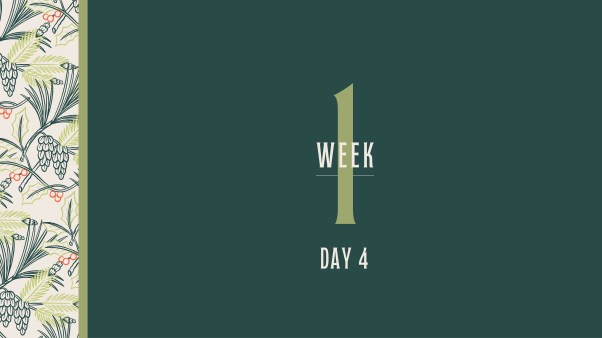Recently I was introduced to “cyberspace,” the electronic world of paperless communication. LEADERSHIP and our sister magazines from Christianity Today, Inc. went “online”–anyone with a computer, modem, and phone line can access our magazines electronically and send us instant messages.
It’s a strange new world–more immediate, but a bit more abrupt than the world of postcards and first-class mail.
A couple of weeks ago, I was “trolling” online–checking message boards and reading e-mail to the editors–when I came across this one-liner sent by someone with the screen name Pedro (and a bunch of numbers).
The message: “Christianity is a crutch for the weak.”
That was all. I wondered why Pedro bothered to send this e-note (it’s hard to call seven words “mail”). It was a harmless drive-by egging of a Christian magazine’s e-mail box–sent anonymously from a computer somewhere (next door? someplace in Indonesia?). But it’s what you get when you put your magazine on a public newsstand and invite people to comment.
Since the message was hardly a new accusation, I would have ignored it, except for one thing: not only am I a Christian, but for the previous six weeks, I’d been on crutches. Literally.
While playing in a men’s soccer league, with dreams of athletic glory, I’d tried to maneuver the ball past the last defender. Instead, I haplessly got tangled up with him, stepped on the ball, rolled my left ankle, and broke my fibula. Hello, cast and crutches.
So Pedro’s note jabbed me, both as a Christian and as someone with a crutch or two.
I replied by saying it sounded as if he’d had a sour experience with Christians, and for that I was sorry, but I felt the need to respond since I’d been living with Christianity for thirty-six years and with crutches for six weeks.
From my point of view, crutches are not for the weak. For the last month and a half, my arms and especially my underarms had gotten quite a workout. And they were feeling much stronger, thank you.
And crutches are definitely not for the faint of heart. For sheer tension, crossing an icy parking lot on crutches rivals rappelling down a cliff.
Who are crutches for? For those who are broken, who admit something is wrong and want to get better. For people who want to continue being active–not sitting around with their feet up–but getting around, engaging in work and relationships.
Likewise, Christianity is for broken people. But it’s definitely not for the weak or faint of heart. The Pedros of the world may see ministers as weaklings, as peddlers of pacifiers. But I invited Pedro to pick any one of the Christian virtues–love, joy, peace, patience, gentleness, kindness, self-control–and practice it intently for one day. He’d quickly see that any Christian virtue demands strength of character, not atrophied spiritual muscle.
I never heard back from Pedro–I pray he’ll give Christ a chance. He’ll find faith is no easy out from reality. It’s an invitation to walk again after reality breaks you.
As I’ve thought about it since, if he wanted to put down Christianity by calling it a crutch, he was far too mild. Christianity isn’t a crutch for the weak–it’s a heart transplant for the dying. It’s for people who know they can’t live without a Donor to provide what they can’t live without.
Our ministry isn’t telling people what they want to hear. It’s giving them an accurate diagnosis–and then helping them through surgery and rehab.
**********************
Marshall Shelley is executive editor of LEADERSHIP.
Copyright (c) 1995 Christianity Today, Inc./LEADERSHIP Journal
lecurrmrw5L3138573f
Copyright © 1995 by the author or Christianity Today/Leadership Journal. Click here for reprint information on Leadership Journal.









